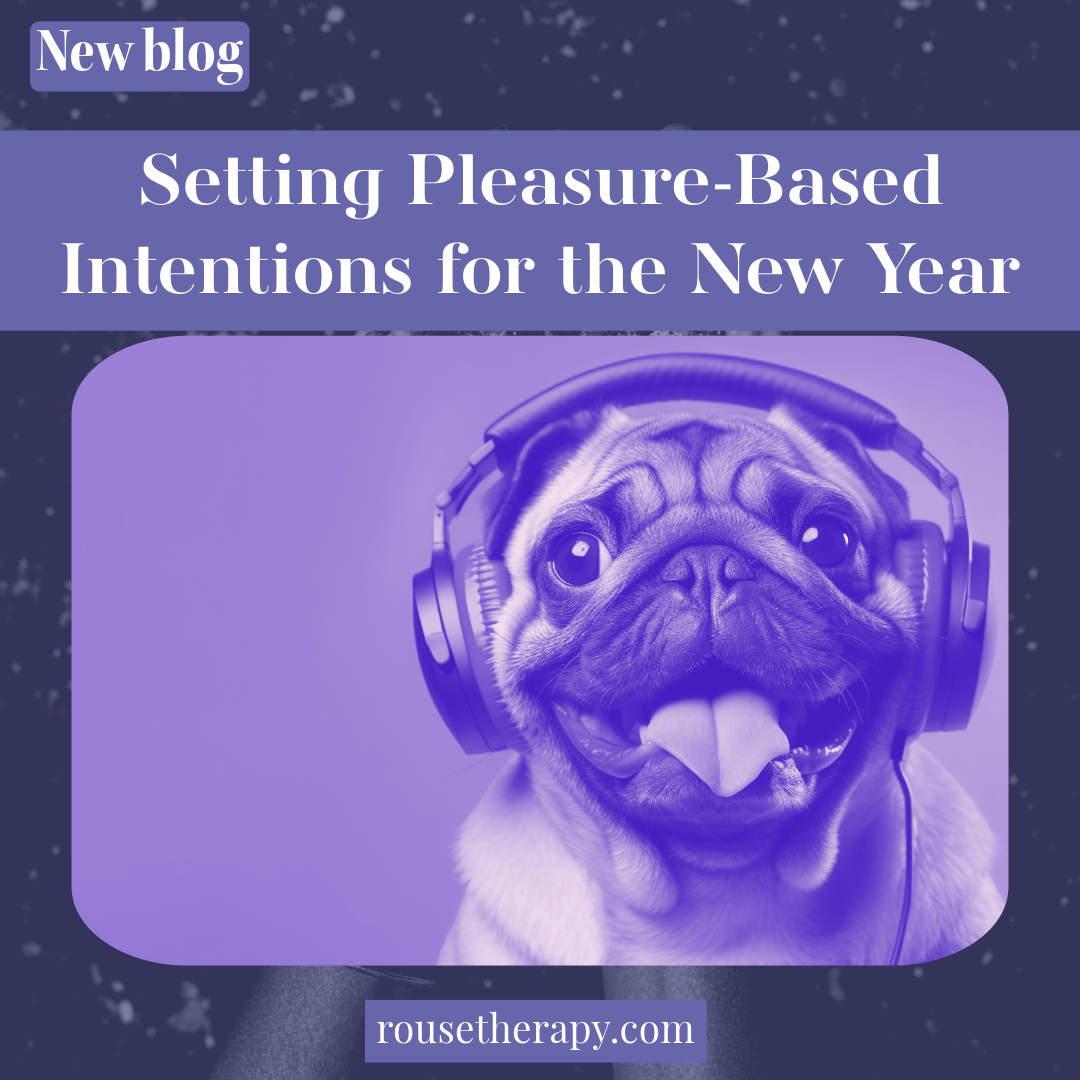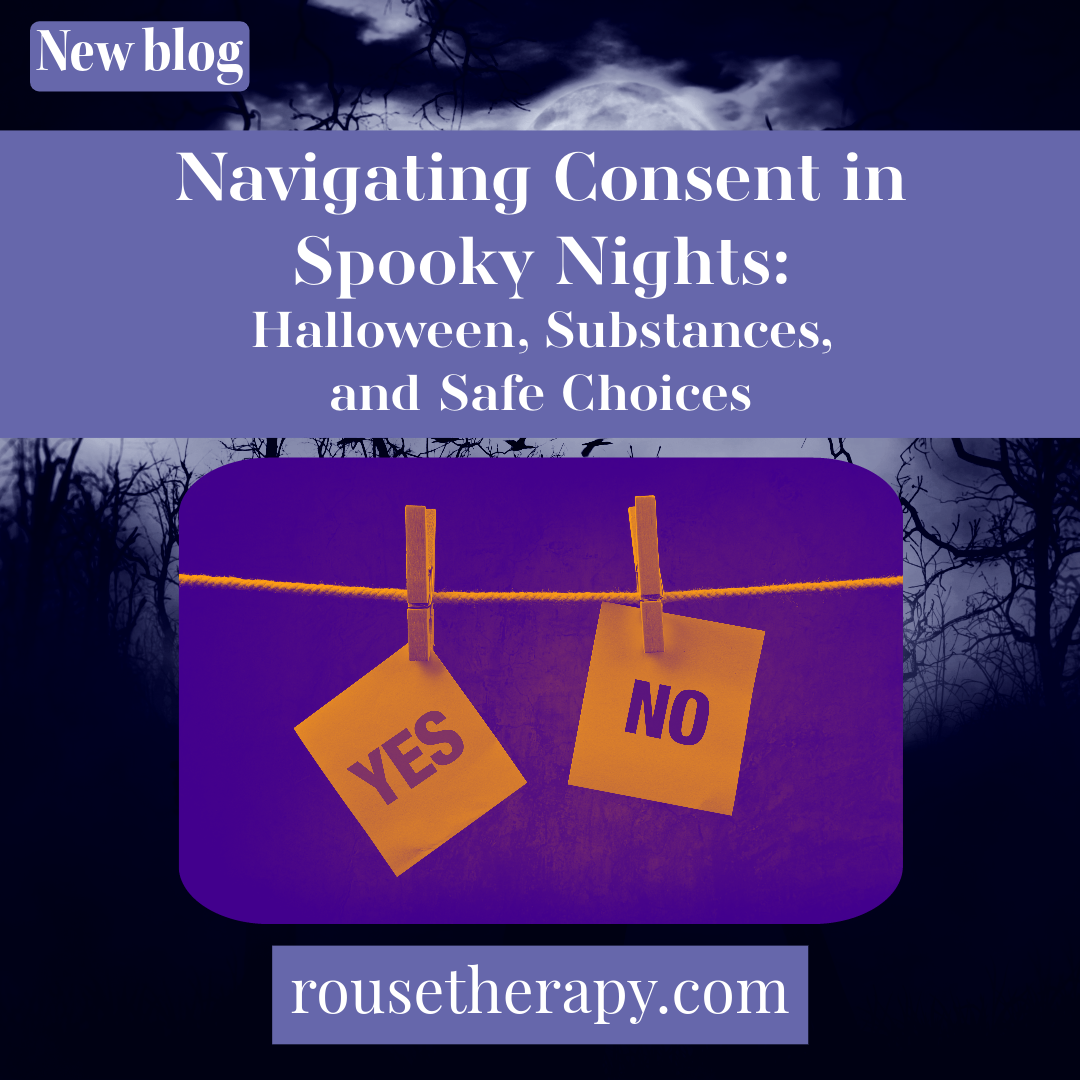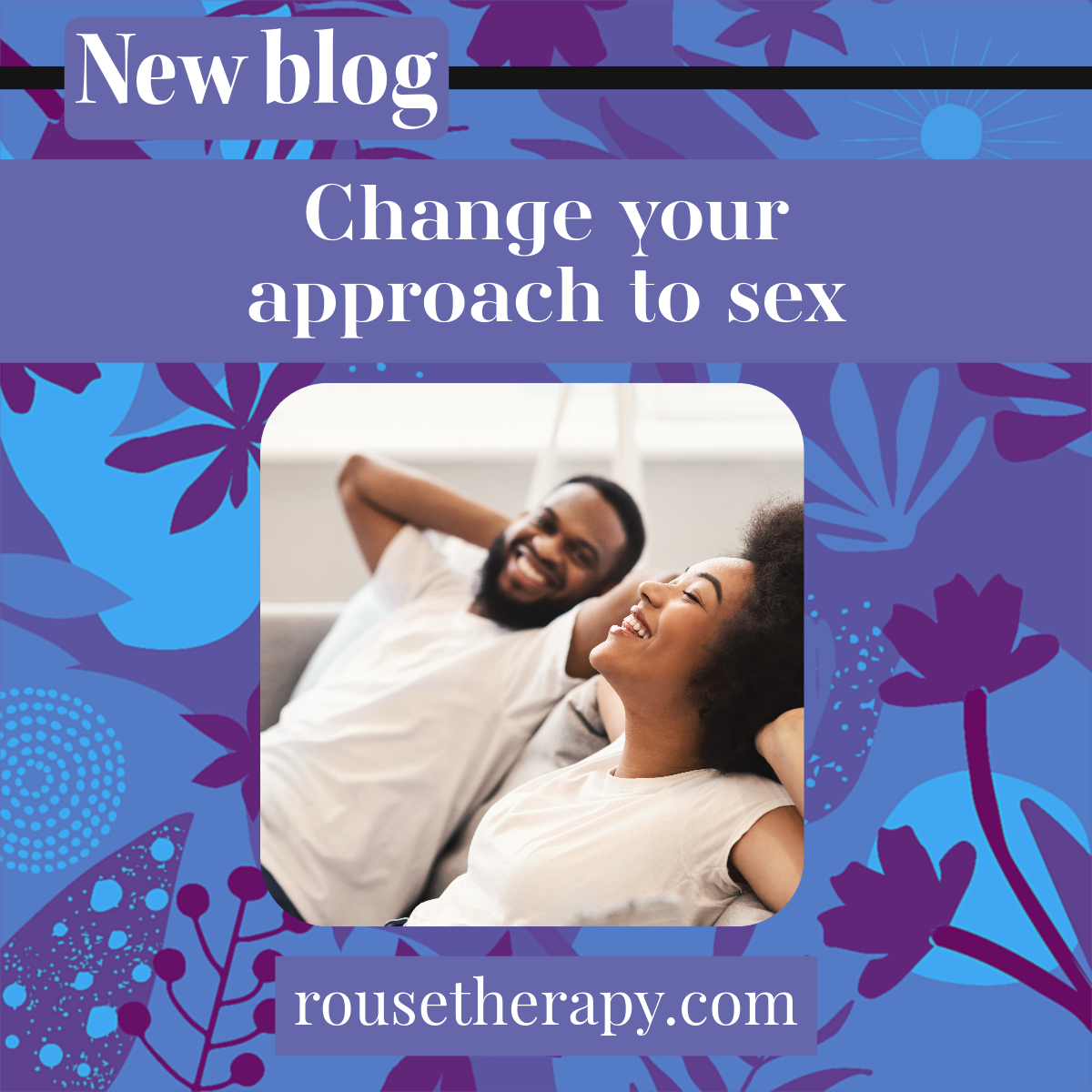
Setting Pleasure-Based Intentions for the New Year: A Guide to Prioritizing Self-Care
The tradition of setting resolutions always surrounds the start of a new year, but how many of us follow through with them? It's time to shift our focus towards setting intentions with pleasure in mind. Instead of setting goals that might trigger stress or anxiety, let's prioritize our well-being by embracing pleasure-based intentions. This blog post will delve into pleasure-based intentions, why they are important for our mental health, and ideas on how to set them.
Difference between resolution and intention
Firstly, it's essential to understand the difference between a resolution and an intention. Resolutions are often more specific and focused on achieving an end goal. Intentions, however, are more about setting a direction for what you want to experience or embody. With pleasure-based intentions, the focus shifts towards prioritizing the joy and pleasure that makes us feel good and fulfilled.

Navigating Consent in Spooky Nights: Halloween, Substances, and Safe Choices
Halloween is a night of fantasy, costumes, and revelry. It's a time when adults often gather to celebrate with themed parties and events. While Halloween is a time for fun and excitement, it's essential to remember that consent remains a vital aspect of any sexual encounter. In situations where substances are used, such as alcohol or recreational drugs, the importance of clear and informed consent becomes even more critical. This blog post aims to guide you through the nuances of expressing and reading consent in sexual situations during Halloween festivities involving substances, with a focus on maintaining safe and respectful encounters.

Change your approach to sex
When it comes to sex, society has taught us that it's a linear process. We are expected to escalate activities until we reach the ultimate goal: penetrative sex. However, this approach can be limiting and stressful for many people. The circular model of sex provides an alternative way to explore intimacy, where pleasure is the ultimate goal, not just getting to a specific sexual act. Let's look at the differences between the two models and how embracing the circular model can lead to a more fulfilling and pleasurable sexual experience.
Note: this article is based on the workbook by David F Khalili, LMFT, Sex Worriers: A Mindfully Queer Guide to Men's Anxiety to Sex and Dating

Why Some Wait So Long to Start Couples Therapy
Relationship issues can be challenging, and it's not uncommon for couples to wait years before seeking professional help. According to the Gottman’s, couples often wait up to six years before addressing any serious issues in their relationship. This decision could be based on various reasons, from trying to fix it on their own with self-help books, therapy podcasts, and workshops to not wanting to admit that there's a problem because it could raise more significant questions. We believe that couples should normalize these feelings but seek professional support when their issues start to repeat and remain unresolved.
Trying to fix it on their own
Many couples avoid therapy because they believe they can fix their relationship issues on their own. They read self-help books, listen to podcasts, and attend workshops, thinking they can solve their problems without professional help. However, while there's nothing wrong with reading or listening to advice from relationship experts, these resources only provide general tips and can't substitute professional and specialized support. Ultimately, each relationship is unique, and each case requires an individualized approach that considers all aspects of the dynamic.